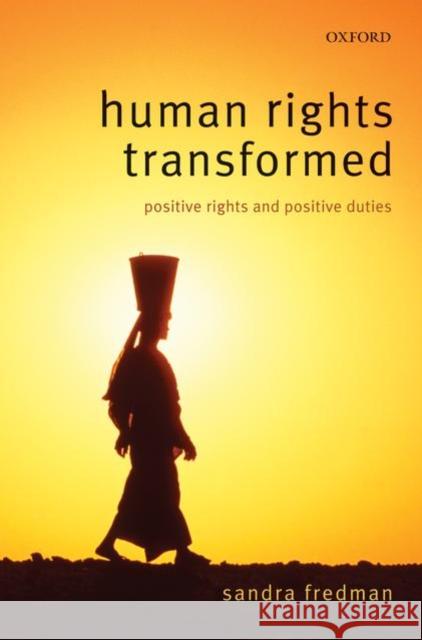Human Rights Transformed: Positive Rights and Positive Duties » książka
Human Rights Transformed: Positive Rights and Positive Duties
ISBN-13: 9780199535057 / Angielski / Miękka / 2008 / 290 str.
Human Rights Transformed: Positive Rights and Positive Duties
ISBN-13: 9780199535057 / Angielski / Miękka / 2008 / 290 str.
(netto: 265,13 VAT: 5%)
Najniższa cena z 30 dni: 259,23
ok. 16-18 dni roboczych.
Darmowa dostawa!
Human rights have traditionally been understood as protecting individual freedom against intrusion by the State. In this book, Sandra Fredman argues that this understanding requires radical revision. Human rights are based on a far richer view of freedom, which goes beyond being let alone, and instead pays attention to individuals' ability to exercise their rights.
This view fundamentally shifts the focus of human rights. As well as restraining the State, human rights require the State to act positively to remove barriers and facilitate the exercise of freedom. This in turn breaks down traditional distinctions between civil and political rights and socio-economic rights. Instead, all rights give rise to a range of duties, both negative and positive. However, because positive duties have for so long been regarded as a question of policy or aspiration, little sustained attention has been given to their role in actualising human rights. Drawing on comparative experience from India, South Africa, the European Convention on Human Rights, the European Union, Canada and the UK, this book aims to create a theoretical and applied framework for understanding positive human rights duties.
Part I elaborates the values of freedom, equality, and solidarity underpinning a positive approach to human rights duties, and argues that the dichotomy between democracy and human rights is misplaced. Instead, positive human rights duties should strengthen rather than substitute for democracy, particularly in the face of globalization and privatization. Part II considers justiciability, fashioning a democratic role for the courts based on their potential to stimulate deliberative democracy in the wider environment. Part III applies this framework to key positive duties, particularly substantive equality and positive duties to provide, traditionally associated with the Welfare State or socioeconomic rights.











